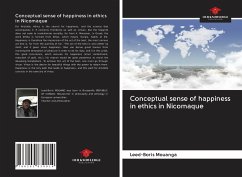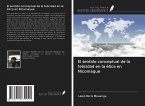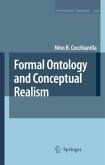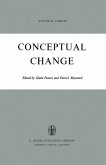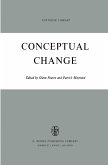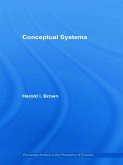For Aristotle, ethics is the search for happiness, and the science that accompanies it. It concerns friendship as well as virtues. But the Stagirite does not seek to revolutionize morality, far from it. Moreover, in Greek, the word êthika is formed from êthos, which means morals, habits of life. Happiness is therefore the impression of the act of the best, the most serious act that is, far from the puerility of fun. "The act of the best is also better by itself, and it gives more happiness. Man can derive great honour from resisting the temptation of pleasure in order to do his duty, and it is this pride, this good conscience, which assures his happiness (inner contentment, reduction of guilt, etc.), his reason would be quite powerless to resist the devaluing temptations. To achieve this act of the best, one must go through virtue. Virtue is the desire for beautiful things with the power to obtain them. Happiness is the only path that leads to happiness, and this path for Aristotle consists in the exercise of virtue.
Bitte wählen Sie Ihr Anliegen aus.
Rechnungen
Retourenschein anfordern
Bestellstatus
Storno

